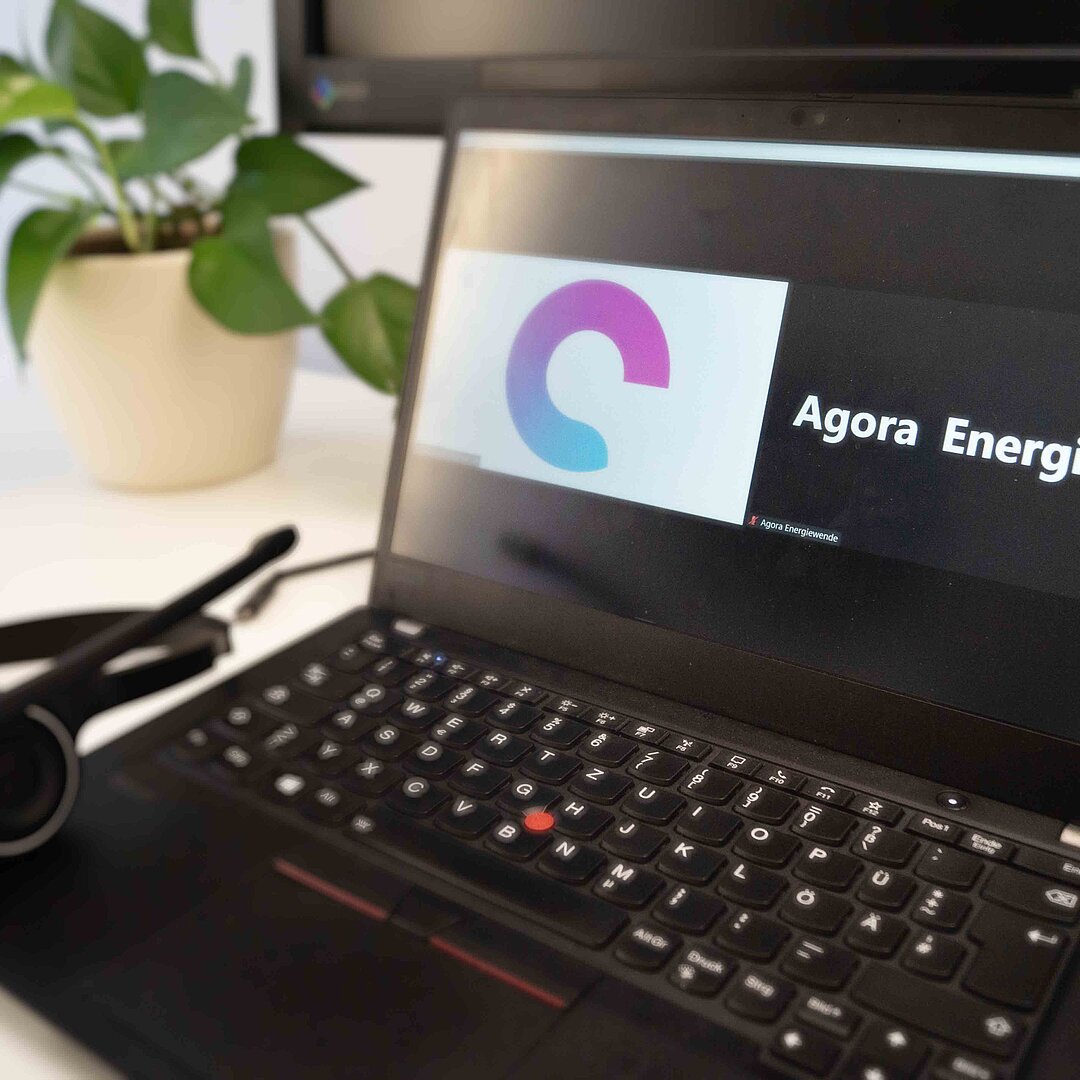This content is also available in: German
Pakistan
As the fifth most populous country in the world, Pakistan has a rapidly growing energy demand. The country therefore needs an energy revolution based on a low-emissions pathway to secure sustainable development.

Pakistan’s energy mix has shifted from hydropower dominance (67% of total installed capacity in 1985) to fossil fuel dominance (66% of total installed capacity in 2022), most of which is oil and gas). Due to its dependence on fossil fuel imports, the country’s power generation costs are disproportionately high, even as consumer power prices are subsidised. Under-budgeting for these subsidies, delays in disbursement and falling foreign exchange rates – among other challenges – have contributed to persistent debts and an accumulation of huge arrears in the power sector.
The falling cost of clean energy technologies offers a tremendous opportunity for an affordable and sustainable energy sector expansion in Pakistan. Pakistan has set an ambitious target for an overall 50% reduction of its cumulative projected emissions by 2030. To reach that target, the country aims to ban coal imports, shift to 60% renewable energy and reach a 30% share of electric vehicles by 2030. The target is conditional on Pakistan receiving adequate international support.
While there is strong support for renewable energy at the political level, a clear vision, supportive policies and a regulatory environment to drive the energy transition are still needed. Against this backdrop, Agora Energiewende cooperates with local think tanks in Pakistan to strengthen bilateral exchange and broader stakeholder dialogue on issues relating to the transformation of energy systems. This collaboration includes carrying out stakeholder dialogues and studies which support the implementation of policies and plans for the energy transition.






